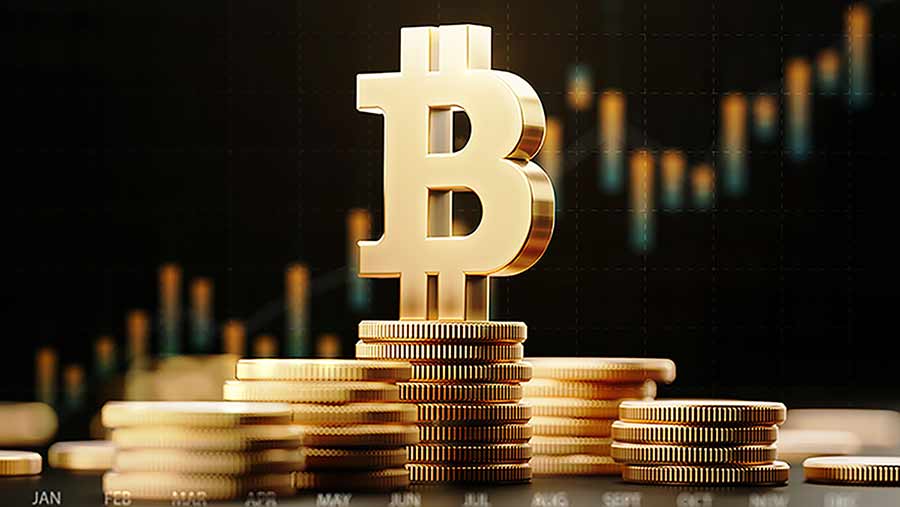Personal Wealth Management / Market Analysis
A Blustery Energy Outlook
There seem to be a number of trends in the energy industry converging—how they play out depends largely (for better or worse) on politicians’ decisions.
As the year winds down, politicians globally are facing some difficult choices. Those US politicians currently face are well known: Whether to extend the current tax rates or not and for whom; which spending programs to pare back and which to continue fully funding; whether to increase the debt ceiling yet again; and so on. In Europe, officials face still-lingering questions of how best to organize and run the monetary union and how to help those countries still struggling to regain their footing. And, apparently, whether or not to continue subsidies aimed at alternative energy sources—namely, wind power.
Interestingly, the Europeans’ answer to this question has implications beyond their own borders, particularly in an era of a relative boom in US natural gas production. Think about this combination of events or developments:
- Countries are generally looking to scale back government spending.
- Those who’ve pursued promoting alternative energy sources through subsidies are largely finding those allocations of funds overall inefficient, given wind and solar power (among others) remain quite expensive relative to conventional energy sources (and that’s even before factoring in a natural gas boom).
- The US is producing natural gas at a clip that’s resulted in prices at or near decade lows.
- By and large, the US currently doesn’t have sufficient infrastructure to export natural gas in significant amounts—meaning for the time being, those cheap natural gas prices are effectively limited to the US and don’t apply to Europe.
- As a result, some European companies are considering building plants or finding other ways to relocate portions of production to the US—particularly those that are generally more energy-intensive.
An interesting confluence of events that creates some confusion as to the best way forward. Some advocate finding a way to effectively force alternative energy to make economic sense—most often through something like a carbon tax. On its face, not so terrible an idea and one potentially rooted in some economics to the extent that overall, if you tax something, you generally get less of it. So if you want lower carbon emissions, tax carbon use! Trouble is, though, taxing carbon emissions doesn’t guarantee alternative energy sources become more economically efficient. Meaning it doesn’t necessarily spur producers to switch from carbon to wind or solar—it just increases their operating costs. And in many cases, producers with sufficient pricing power (meaning their customers need the final product enough that they’ll pay a higher price) will pass those increased input costs right along to consumers. So at the end of the day, solar or wind are still expensive, conventional energy sources are more expensive than they otherwise would’ve been and consumers pay higher prices for goods, making them economically worse off over time. All told, it’s a net economic loss for society as a whole.
Another common response (predominantly from US politicians) is to attempt to restrict US natural gas exports—the thinking being US consumers and producers are the primary beneficiaries of currently low prices, so why “share” those with the rest of the world? The problem with that argument, though, as we argued more fully, is it actually has the opposite of the intended impact, actually potentially goosing domestic prices higher over time, not lower.
Taken all together, an interesting set of circumstances, and one worthy of watching over the coming months and years. Given the relative interconnectedness of the various issues, one has to hope politicians recognize the potential for unintended consequences if they enact onerous measures that amount to an over-reaction. On the other hand, maybe they realize the potential benefit to be had if they, to the extent possible, effectively cooperate across borders. That’s far easier said than done, though, in a world where what matters most to politicians at the end of the day is whether their constituents in their district will vote them back in next term—and that applies to US politicians, European politicians, and so on.
So how would we have these circumstances ironed out if we had our druthers? Well, we’d let the markets make as many of these decisions as is feasible. Said another way, we’d let consumers and producers come to a mutual agreement about the best way to approach energy policy over the coming decades. Surely an impossible task, you might think, given the billions of actors that implies involving in the decision-making process. But it’s not—fortunately, we have the technology already created to allow that communication to happen rather seamlessly and (over a long enough period of time) efficiently: prices.
If you would like to contact the editors responsible for this article, please message MarketMinder directly.
*The content contained in this article represents only the opinions and viewpoints of the Fisher Investments editorial staff.
Get a weekly roundup of our market insights.
Sign up for our weekly e-mail newsletter.

See Our Investment Guides
The world of investing can seem like a giant maze. Fisher Investments has developed several informational and educational guides tackling a variety of investing topics.








